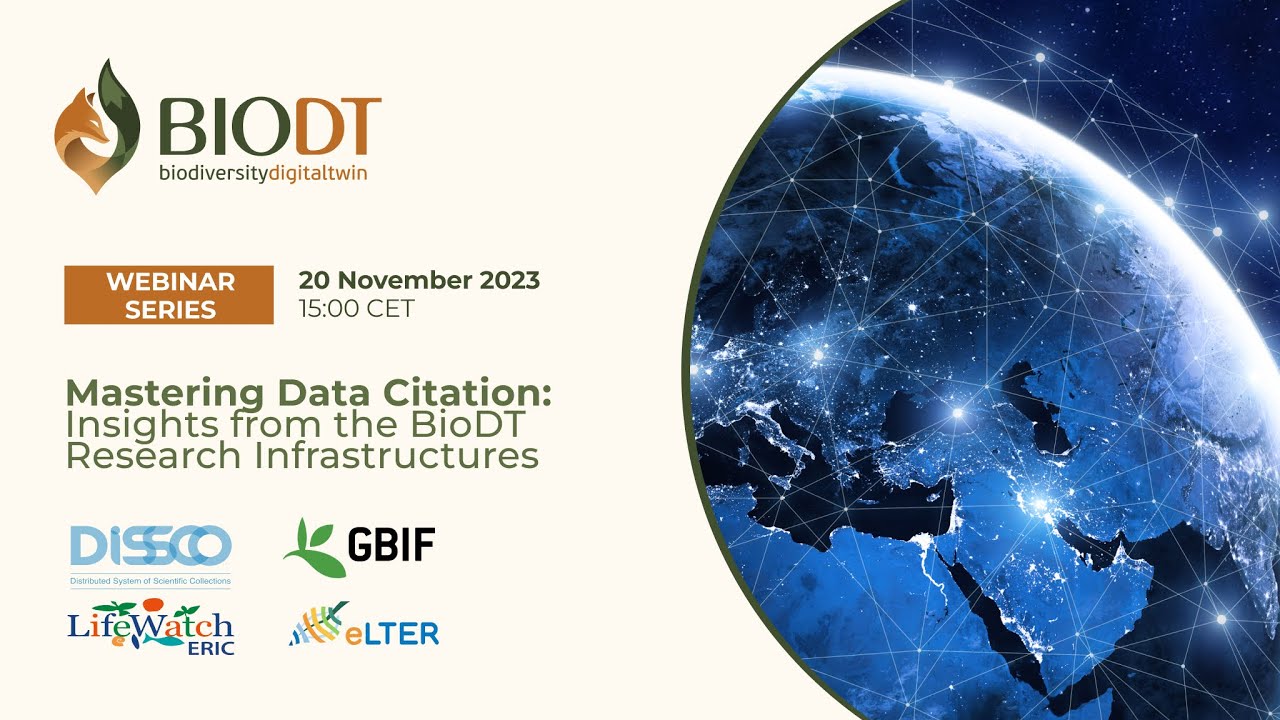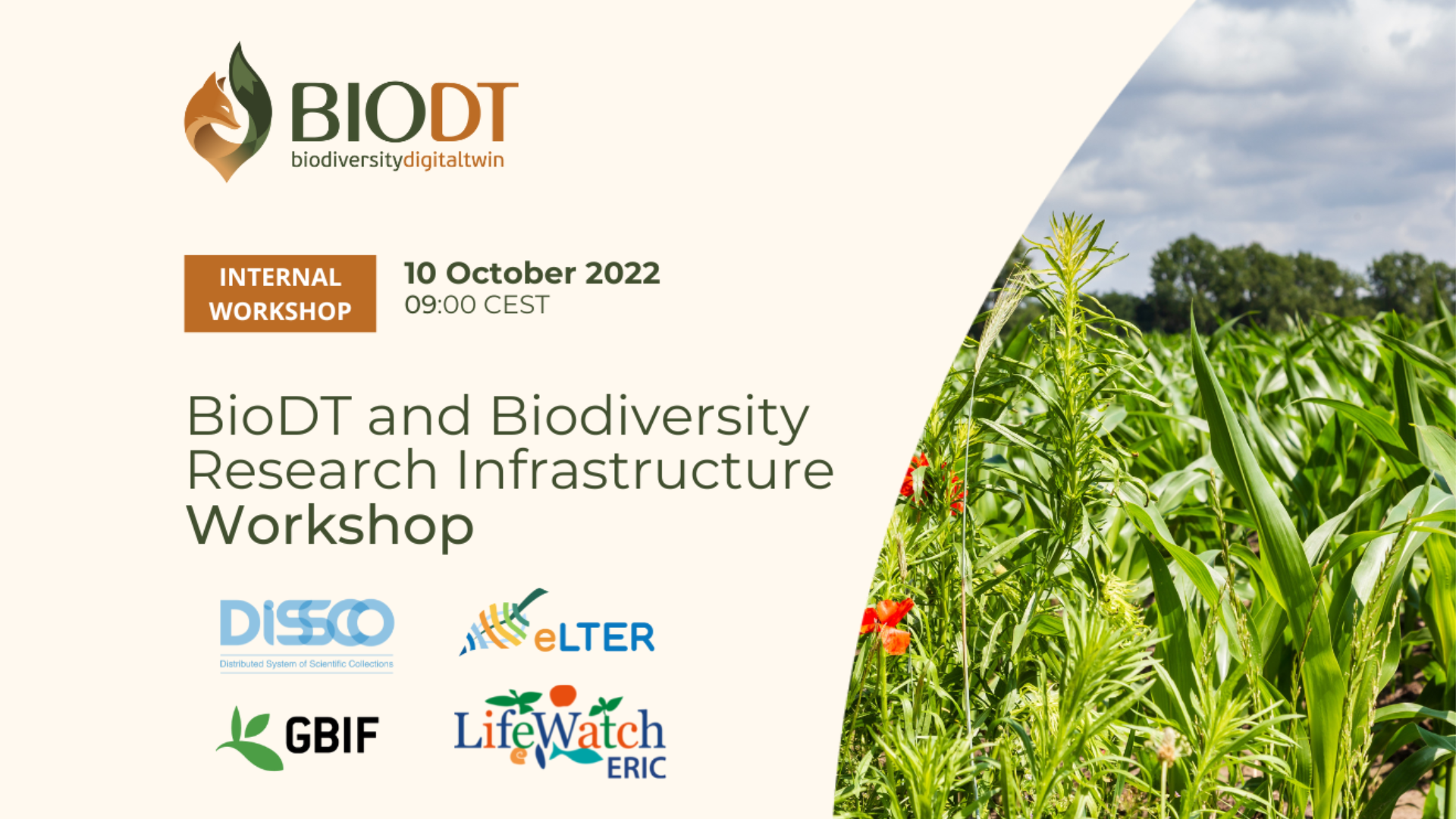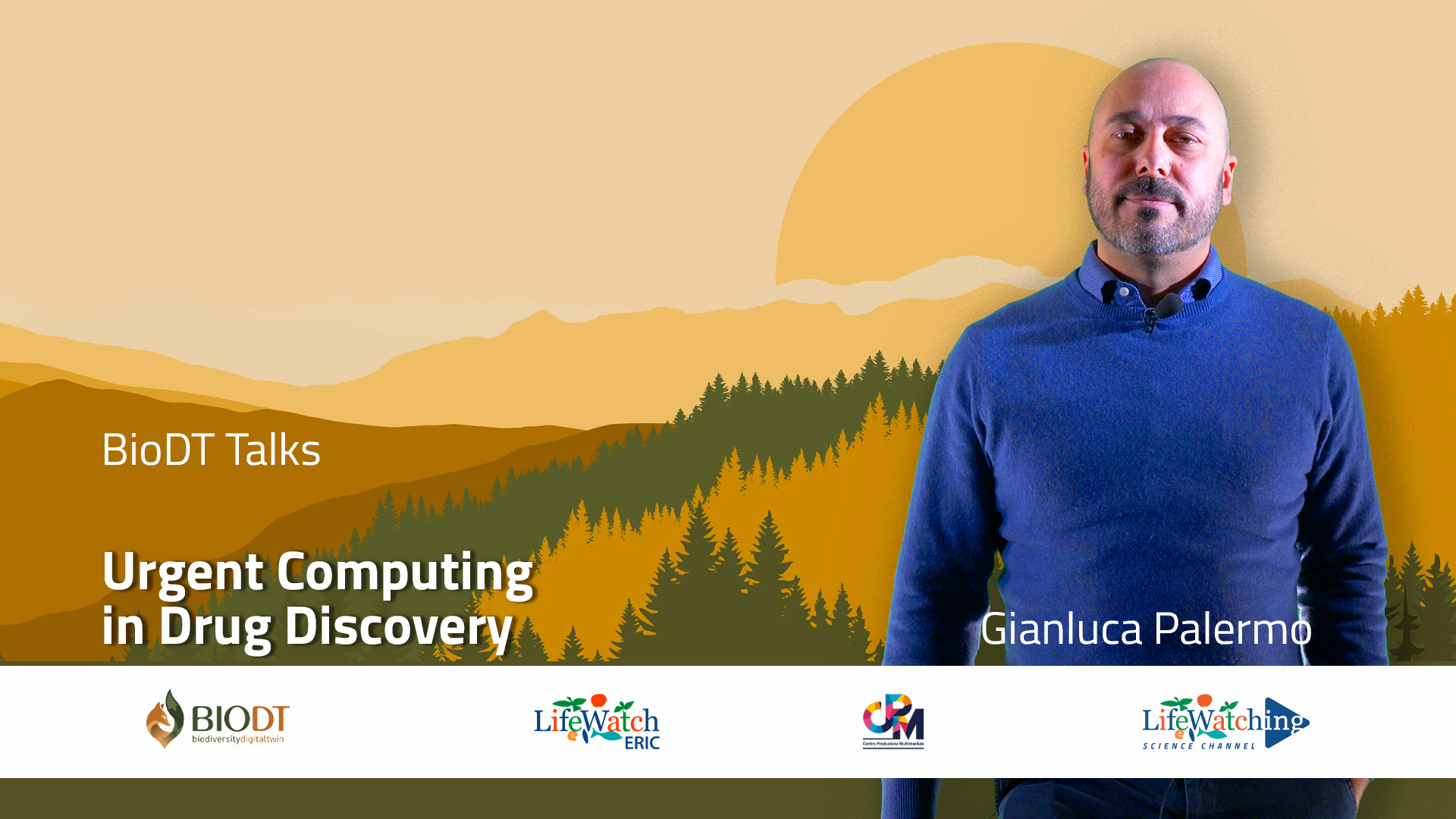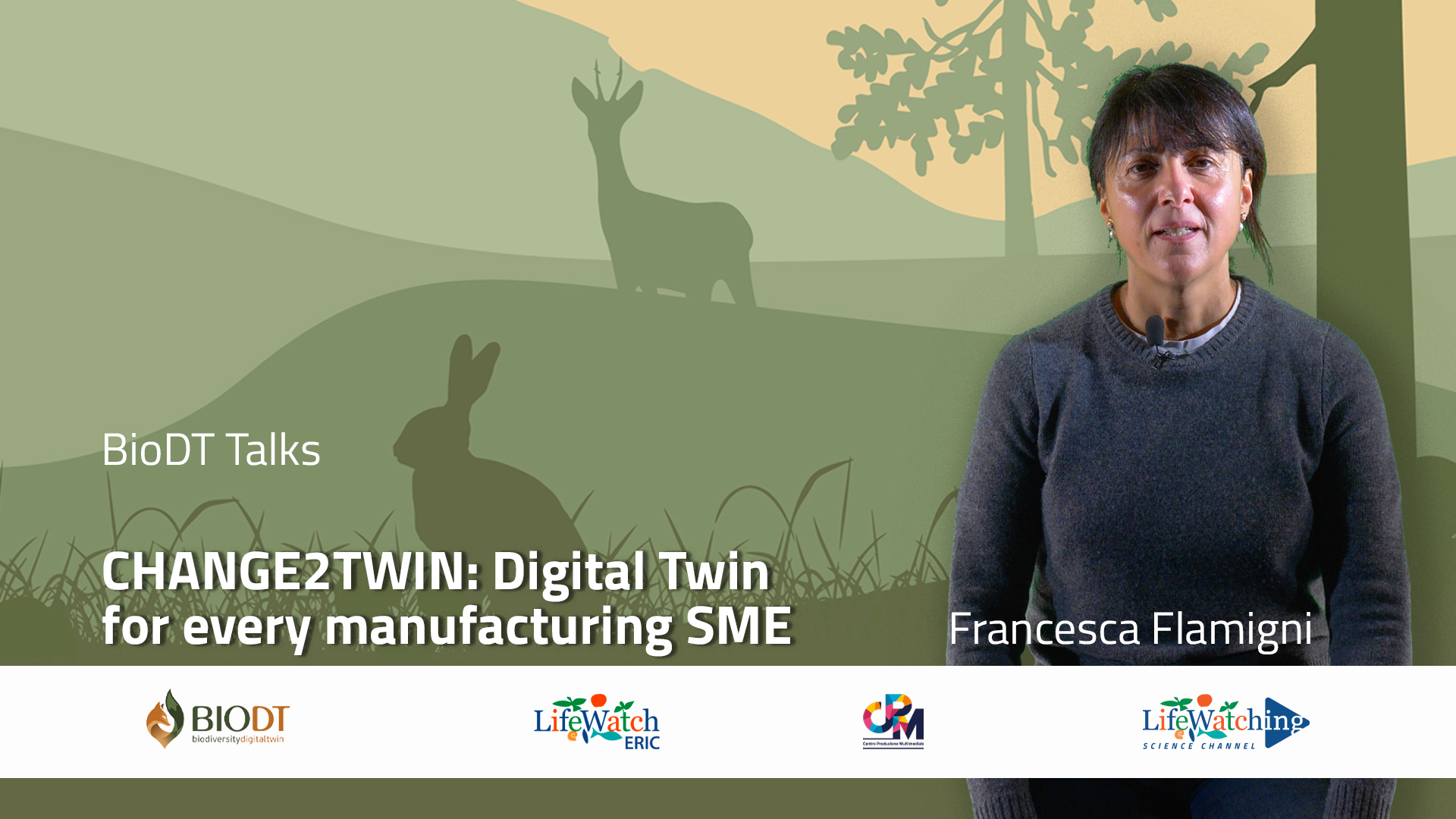Fighting pandemics with urgent computing in drug discovery
What a computer science and engineering Professor has to do with drug discovery?
In this fifth BioDT Talks, Gianluca Palermo, Full Professor at Politecnico di Milano, explores the huge potential of in-silico drug discovery and urgent computing in drug discovery, showing us how computers can help in finding new drugs, and how supercomputers can help in case of pandemics.
The drug development process is extremely expensive and time consuming; the expected cost to develop a new drug, including capital costs and expenditures on drugs that fail to reach the market, has been estimated to range from less USD 1 billion to more than USD 2 billion dollars. In-silico drug discovery consists in the use of computer simulations to help in the discovery of new drugs. Computers are in particular used to accelerate the evaluation between the candidate drugs and the target disease in order to understand what will be the most promising molecules to be tested in the subsequent phases of the drug development process. In-silico drug discovery not only speeds up the early phases of the process to find new drugs, but has also the capability to increase the number of candidate drugs that can be simultaneously evaluated.
Urgent computing is the protocol that allows researchers to access with high priority on supercomputers in order to speed up and accelerate their research. The use of supercomputers and collaborative research can help for example in reducing the spread of a virus during a pandemic. There were several urgent computing projects during the last COVID19 pandemic. Their targets were usually: to understand the spread of the virus; to understand the mechanism of action of the virus; to possibly discover a medical treatment, that is a new drug against the virus. Watch the video, and find out more!


































